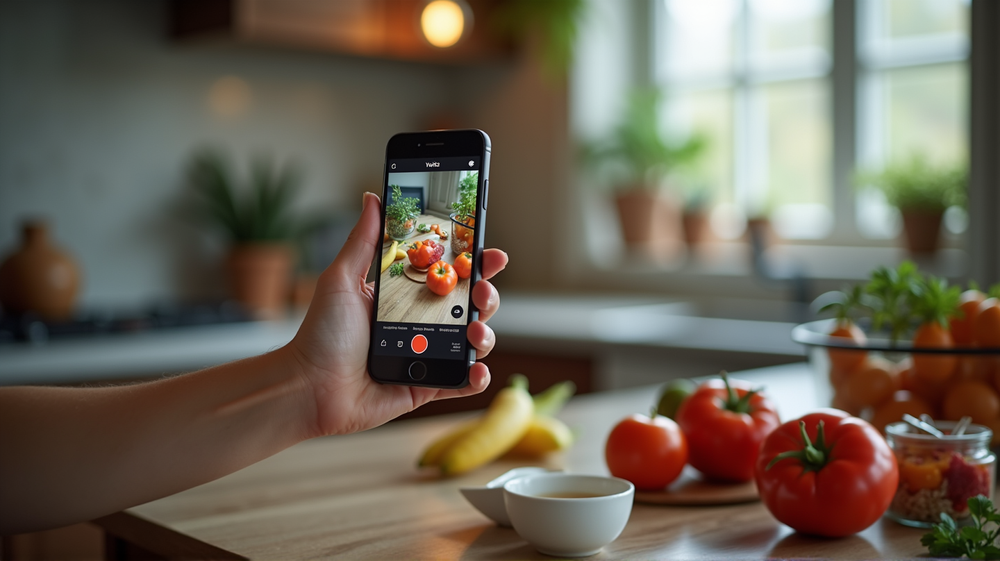In the era of instant feedback, the Yuka app promises to revolutionize how we choose food and personal care products with something as simple as a barcode scan. But is this French-born app a rigorous health guide or just a passing trend?
A Handy Health Scanner in Your Pocket
Imagine walking through your local grocery store, smartphone in hand, scanning products to reveal their health ratings instantly. That’s the reality for over 20 million users of the Yuka app, especially popular among health-focused families like Michelle Vasco’s. The app scores items based on nutritional value, additives, and organic content—a handy tool for those mindful of what they consume.
Decoding Your Grocery Barcode
The app deciphers complex health data into a simple score using a color-coded scale ranging from green to red. Nutrition accounts for 60% of the score, additives 30%, and organic content fills the remaining 10%, with alternatives suggested when the score dips too low. According to CBS News, this feature has users like Vasco “addicted to scanning everything.”
Transforming Accessibility with Tech
Julie Chapon, co-founder of Yuka, created the app to simplify understanding food composition. Launched in France in 2017, Yuka bases its analyses on scientific research and public health guidelines, striving to offer clear details on health risks associated with additives and ingredients.
Caution: Personalized Health Still Matters
Despite its growing popularity in the U.S., some experts caution users against fully relying on Yuka as a substitute for personalized health advice. Registered dietitian Monica Auslander Moreno emphasizes that healthcare should be individualized, with particular vigilance for those with allergies, special diets, or eating disorders.
Independence from Industry Influence
As Yuka proliferates in America, its independence from industry bias remains a hot topic. Julie Chapon claims Yuka is unaffiliated with food manufacturers and is sustained solely by its subscription services—a critical factor for its credibility and user trust.
Navigating the Health App Territory
Yuka has indeed carved a niche by making health data more accessible, but its role remains that of a guide rather than an authoritative medical resource. It certainly empowers users like Vasco but must be integrated thoughtfully alongside medical advice for comprehensive health management.
In essence, while Yuka offers a tempting peek into the nutritional landscape, a balanced diet of the app’s insights, personal judgment, and professional healthcare advice is the real recipe for success.












